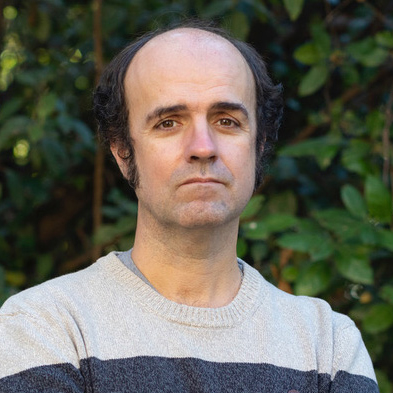

We have made a great deal of progress but still have to stay the course. The only way of dealing with the majority of tumors in adults is to stop them from forming, and for that, you need to have a solid understanding of the formation process
Maria A. Blasco
Cells are able to carry out their functions thanks to a highly sophisticated biochemical mechanism in which molecules interact with other molecules, the new ones interact with others and those with still others, so that you have a fabric woven from an intricate network of relationships. When a tumour develops, part of the biochemical machinery of the cells affected is altered. Molecular Biology is the area in which cancer on that scale is the subject of study. Another way of putting it is that Molecular Oncology focuses on the genes implicated in tumour development and the synthesis of proteins that control the actions of those genes. Understanding how they work is an essential component in the search for more targeted drug treatments and new strategies for fighting cancer.
The Molecular Oncology Programme also investigates the nature of the different processes that lead to cancer in order to learn how best to counter them. Tumours can best be understood as supplementary organs, extrinsic to those that make up the organism as a whole. Accordingly, multiple aspects of tumour biology fall under the purview of this programme. Among them are the stem cells involved in the cancerous process, the ways in which tumour cells interact with other cellular types, the relationship between inflammation and cancer, metastasis, or the metabolic character of tumour cells.
The Molecular Oncology Programme (MOP) is the largest research programme at the CNIO, hosting 11 Senior and 4 Junior Groups. The Programme encompasses expertise related to some of the most active areas of research in molecular oncology, including DNA and chromosome stability (Maria A. Blasco, Óscar Fernández-Capetillo, Massimo Squatrito and Ana Losada); oncogenes and cell cycle kinases (Mariano Barbacid), DNA replication (Juan Méndez), mitosis (Marcos Malumbres); melanoma (María S. Soengas); molecular pathophysiology of epithelial tumours of the bladder and pancreas (Francisco X. Real); growth factors, metabolism and cell signalling (Nabil Djouder and Alejo Efeyan); and metastasis (Manuel Valiente and Héctor Peinado). During 2019, 2 additional Senior Groups joined the MOP: the Transformation and Metastasis Group, led by Eva González Suárez; and the Topology and DNA Breaks Group, led by Felipe Cortés Ledesma − both supported by an ERC Consolidator grant. My warm welcome to both, and best wishes for a bright future at CNIO.

